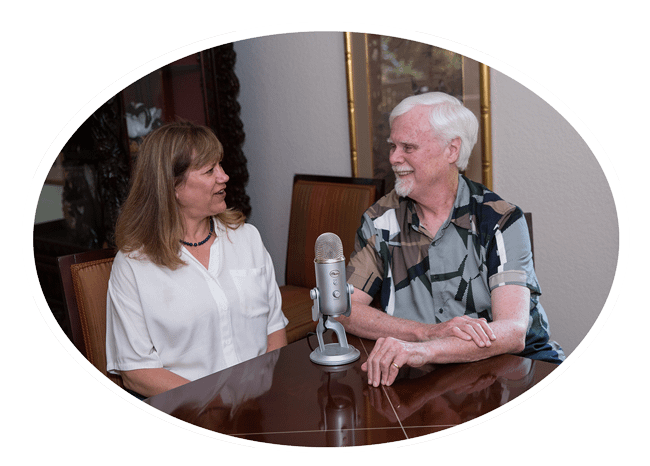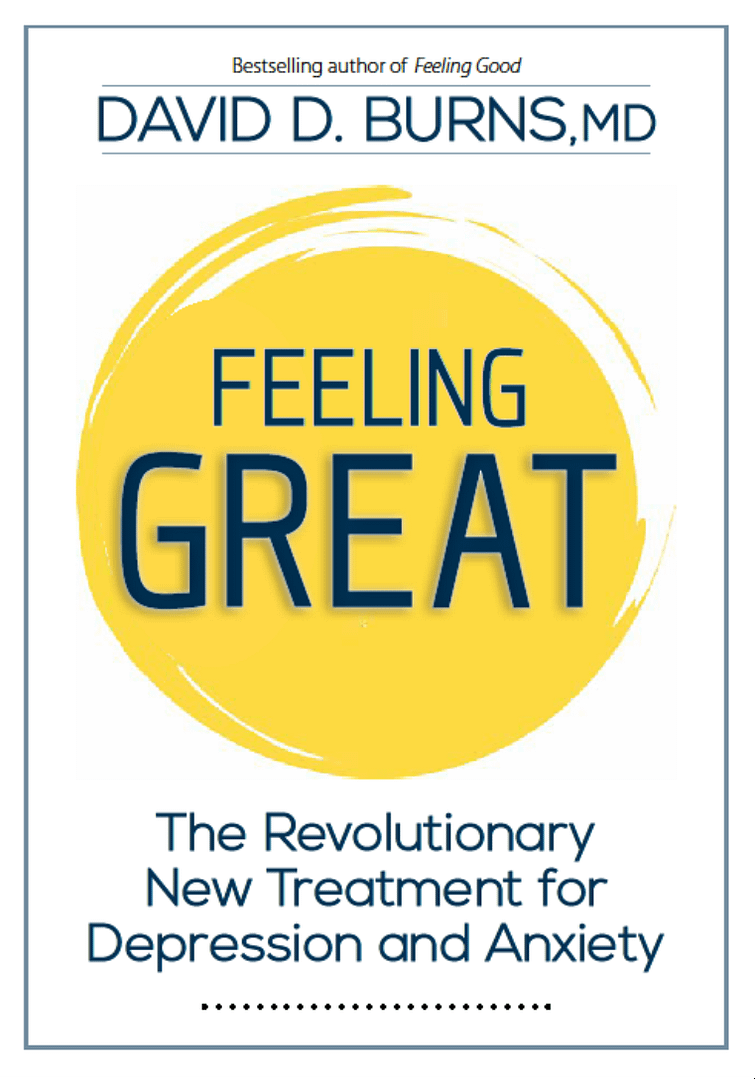Podcast 237: The Gentle Ultimatum:
Can We Make Our Patients Accountable?
April 12, 2021
At the top of the podcast, Rhonda reads several beautiful and thoughtful comments from listeners like you. One was an enthusiastic listener who found us on YouTube and wondered why we don’t have vastly larger audiences, since the quality of what we offer is not only free, but it beats out all the other “self-help gurus” by a large margin.
Thanks for that. We are not experts in market and could use all the help we can get. So if you can spread the word for us, we’d appreciate it!
David announced that his next workshop with Dr. jill Levitt will be on May 16, 2021, featuring David and Dr. Jill Levitt working with two audience volunteers who are struggling with depression and anxiety.
Link to Registration Information
It should be dramatic, inspiring, and profoundly educational, so you can see how TEAM-CBT really works in a live and spontaneous setting with no role-playing. This will be the real thing!
One of the unique features of TEAM Therapy is the Gentle Ultimatum. At the beginning of therapy, we tell patients what will be required of them, and how the therapy works, if we accept them as patients. That way, they can make an informed decision about whether or not they want to work with us.
This table illustrates what they’ll be asked to do.
| Problem | What the “Gentle Ultimatum” involves | Rationale |
| Depression | Psychotherapy homework | David’s published research indicates that psychotherapy compliance has massive causal effects on recovery from depression. |
| Anxiety | Exposure | Extensive research shows that Exposure is effective in the treatment of all forms of anxiety. Clinical experience indicates that full recovery from depression is difficult, if not impossible, without exposure. |
| A Relationship Problem | Giving up blame and focusing on your own role in the problem | Research and clinical experience indicate that blame is probably the main cause of troubled relationships. |
In the podcast, David and Rhonda discuss the rationale for the Gentle Ultimatum, as well as how to do it skillfully, and when.
David describes his own reluctance to make patients accountable during the first seven or eight years of his practice, and what happened to change his mind, and how that led to the emergence of TEAM-CBT. David also describes the correct and incorrect way of presenting this to patients at the initial evaluation in a kindly, collaborative way. This requires therapist integrity, skill, and compassion. You cannot simply issue a crude “my way or the highway” demand.
David also describes the Concept of Self-Help Memo that he created and began sending to patients prior to their first visit. The memo explains the rationale for requiring psychotherapy homework, briefly describes the ten most common forms of homework, and asks patients if they are willing to do homework if accepted into the clinical. The memo also asks how many days per week they’ll agree to, how many minutes per day, and how many weeks she or he will keep it up.
The memo concludes with a list of “35 GOOD Reasons NOT to do Psychotherapy Homework,” and patients indicate how strongly they agree with each one. David illustrates how he discusses the memo, and the topic of homework, with new patients.
David compares the Gentle Ultimatum with what happens when you go to the doctor with a broken leg. He or she might say you have to get an X-ray, and then we’ll give you a cast.
If they patient protests and says that she or he is against X-rays and casts, and wants to be treated with “talk therapy,” the doctor would politely decline and explain that s/he is using a medical model of treatment, and that “talk therapy” is not offered for broken limbs.
David and Rhonda explore the fairly intense resistance of many, and perhaps most therapists to making patients accountable. Rhonda describes her own inner fight about this, and how she had to terminate a patient recently because s/he refused to do homework, and opted for pure “talk therapy” from another therapist instead.
The table above indicates that if the patient is struggling with anxiety, Exposure is the focus of the Gentle Ultimatum. If the patient wants effective treatment, Exposure will be required, and not an option.
If, in contrast, you want help with a relationship problem, like a troubled marriage, you will have to agree to stop blaming the other person, and focus on pinpointing your own role in the problem, which can be immensely painful and humiliating. But it’s also liberating, because when you change yourself, instead of blaming the other person, you can transform trouble relationships into loving ones.
Rhonda points out a potential conflict of interest with TEAM-CBT and the Gentle Ultimatum. It can lead to such rapid recovery that therapists need a large flow of patients.
David mentions that one of the therapists in Rhonda’s FeelingGreatTherapyCenter.com, Sunny Choi, has this exact problem. His patients are getting better so fast he can’t keep his practice full. David urges potential patients to contact him, if interested, since Sunny is not only remarkably skillful, but he has a big heart and low fees, with a sliding fee scale, too.
Thanks for listening today!
Rhonda and David
Dr. Rhonda Barovsky practices in Walnut Creek, California, but due to Covid-19 restrictions is working via Zoom, and can be reached at rhonda@feelinggreattherapycenter.com. She is a Level 4 Certified TEAM-CBT therapist and trainer and specializes in the treatment of trauma, anxiety, depression, and relationship problems. Check out her new website: www.feelinggreattherapycenter.com.
You can reach Dr. Burns at david@feelinggood.com.
This is the cover of my new book, Feeling Great. The kindle and audio versions are available now too!



